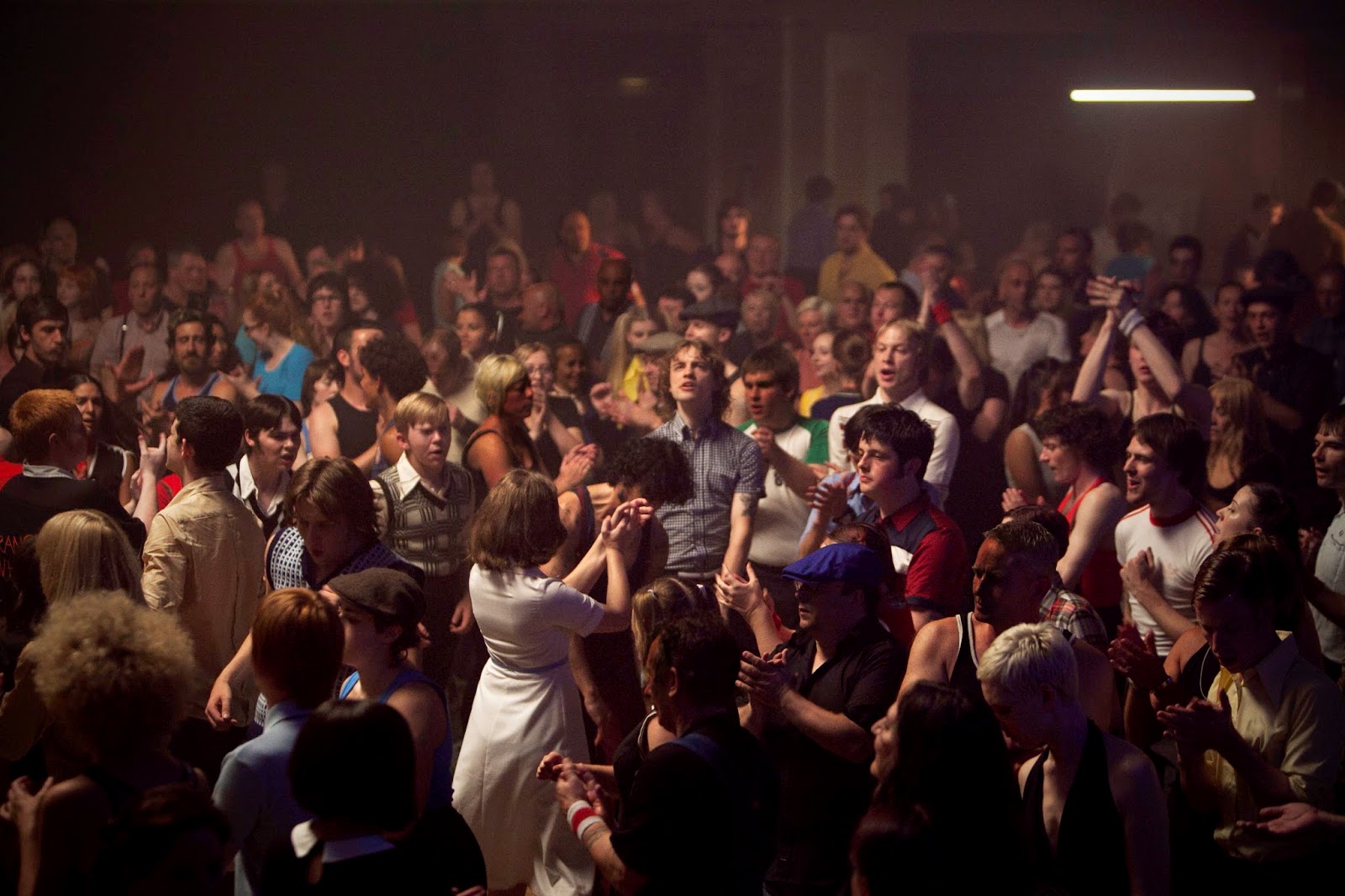There is a lot to admire about David Ayer's WW2-flick Fury. As with his best film End of Watch, the chemistry between his protagonists and the fast, informal dialogue work extremely well. Another big plus is the violence, which is realistic, brutal and unflinching. The film also boasts one of the most memorable opening scenes of the year during which Brad Pitt stabs a Nazi on a horse. Yet as the film goes on, it reveals some considerable flaws. I have listed the five biggest ones below.
1. War crimes as part of the learning process
The killing of a surrendering enemy is a war crime. Yet, in Fury, this is depicted as a necessary part of a soldier's initiation when Brad Pitt physically forces Logan Lerman to shoot a German soldier in the back. He was stretching his arms into the air while begging for mercy. Incidents like this were without a doubt a common occurrence towards the end of the war, but its cinematic portrayal in Fury is deeply problematic. While the cruelty isn't sugar-coated, the film is on Pitt's side in this scene. Maybe I'm just being too idealistic here, but I'm not sure about executing surrendering soldiers.
2. Depiction of female characters
About half an hour into the film, there is a prolonged sequence in which the crew share a meal with two women after liberating their city. This moment is completely misjudged on a number of levels. It is supposed to reflect on Brad Pitt's desperate wish for normality (all he wants is to sit around a table and eat off a plate), but the characterization of the women is laughably inconsistent. A teenage girl transforms from hiding under the bed in terror to practically jumping Logan Lerman for no other reason that he can play the piano within less than five minutes. The entire sequence just felt creepy and wrong to me.
3. Stupid Brad
I can't go into much detail on this point without revealing a major plot point, but Brad Pitt makes an atrociously dumb decision in the lead up to the film's (therefore unnecessary) climax after the tank breaks down. He even manages to convince his fellow soldiers to join him in his fallacious quest, presumably because they are blinded by his amazing hair.
4. Stupid Nazis are even more stupid than Brad
Now I am not an expect on tactical warfare, but I'm pretty sure that attacking an immobile tank by running straight at it is not the best idea. Apparently it takes thousands of gunshots and dozens of dead Nazis until 'ze Germans grasp the flaws in this approach and finally decide to deploy their anti-tank weapons. The clue is in the name lads. No wonder they lost the war.
5. Not enough Jason Isaacs
Because all films need more Jason Isaacs.









Schramm%2BFilm.JPG)













